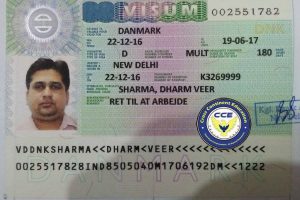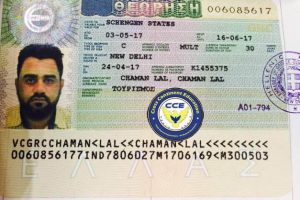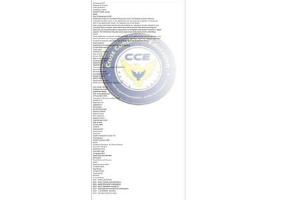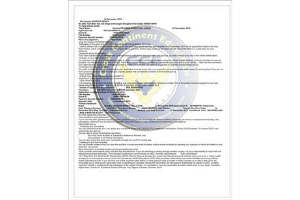Study Visa - USA
The US Government offers three different student visa types:
S.No. | Types of student visa | Description |
1 | F-1 Student Visa | to study at an accredited US college or university or to study English at an English language institute |
2 | J Exchange Visa | for participation in an exchange program, including high school and university study |
3 | M Student Visa | for non-academic or vocational study or training in the US |
COST OF STUDYING IN THE USA
The US Universities fall under two major categories: public-funded and private institutions. International students’ tuition expenses at state schools are based on nonresident costs, which are still usually less expensive than those of private universities. You will need approximately $10,000 to $55,000 annually to cover your tuition fees.|
Study Program |
Approximate tuition fees in USD$ |
|
Undergraduate Bachelor Degree |
$15,000 to $40,000 per year |
|
Graduate programs |
$20,000 to $40,000 per year |
|
Doctoral Degree |
$20,000 to $45,000 per year |
Documents required for a US student visa
When applying for your student visa for the US, you will generally need:
· A valid passport that is valid for at least six months beyond your period of stay in the US (unless exempt by country specific agreements)
· Acceptance at a SEVP approved school and your Form I-20
· Application fee payment for the SEVIS
· Non-immigrant visa application and the Form DS-160 confirmation page
· Your photograph in the requested format, and number
Some additional documents that might be required include:
· Academic preparation documents such as transcripts, diplomas, degrees or certificates
· Evidence that you have sufficient funds to maintain your living expenses throughout the period of your stay in the US. This may include:
1. Bank statements
2. Financial undertaking by a sponsor to cover your accommodation and living costs
3. A scholarship program
· Evidence that you will leave the US once you have completed your course of study. This can be in the form of an air ticket out of the US to your home country
You may also have to appear for a personal interview at the US embassy or consulate.











